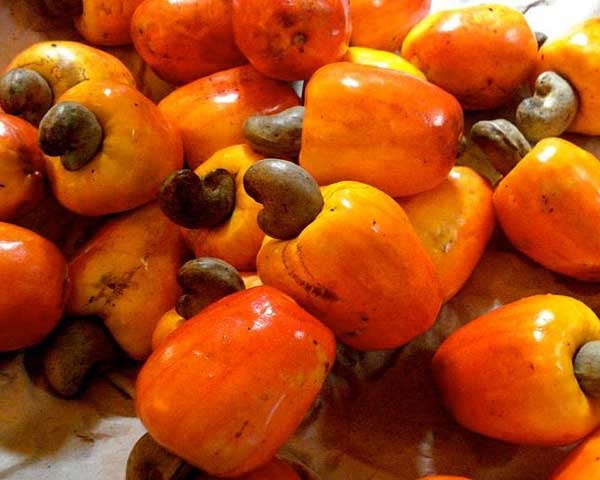The Food Almanac: Friday, November 22, 2013
Edible Dictionary
pot-au-feu, [poe-tuh-FUH], French, n.–French vegetable-beef stew-soup, to put it simply. However, its preparation is so much a part of French country cooking that it's considered nearly sacred. The expression means "pot on the fire," and into that pot goes all the trimmings from the meats being used for other purposes, along with vegetables and vegetable scraps. All of this cooks together, slowly, for hours and hours (and perhaps even days, as its contents are renewed with new scraps). The result is a flavorful broth with a lot of gelatin, a heart-warming dish int he winter particularly. For a long time local food writer Miriam Guidroz had a column in the Times-Picayune called "Pot-au-Feu." The expression also gave rise, during the period when it was under French domination, to the Vietnamese pho, pronounced more or less the same as feu.
Deft Dining Rule #207:
It is impossible to eat soft tofu with chopsticks. Don't even bother to try, unless you want to take an hour to eat the dish the stuff is in.
Gourmet Gazetteer
Turkey is a farming town of 262 people in eastern North Carolina. It's seventy-one miles south-southeast of Raleigh. It's just south of Turkey Creek, whose water ultimately ends up in the Atlantic Ocean. It's a tobacco-growing area, and shipping point, with a large warehouse connected to a main line of the CSX Railroad. No restaurants around there, but in Warsaw is Smithfield's Chican and Barbecue, two miles distant.
Days Of Infamy
Those who were conscious in 1963 know why we never forget this, the anniversary of the day John F. Kennedy was murdered. (Those who weren't must wonder.) The deed was done by momentary Orleanian Lee Harvey Oswald, who clearly did not dine well enough while he lived here. A few restaurants closed on this evening in 1963, not knowing exactly how to react.
Food On The Silver Screen
The movie What's Cooking opened today in 2000. It was about Thanksgiving, and was subtitled "a celebration of food, tradition and relative insanity." Pretty weak, I thought, even with the food connection.
Food Calendar
Today is National Cashew Day. Cashews look and taste like nuts, but they're not nuts at all, and are weird. They grow in a shell on the end of a fruit, and a caustic liquid inside the shell must be got rid of before the cashew can begin to be edible.
Food In Comedy
It's the birthday of comedian Rodney Dangerfield (1921). He had a few good lines about food, such as: "She was so wild that when she made French toast her tongue got caught in the toaster."
Food In Music
The tune Jelly Roll Blues, the theme song of trumpet great Bunny Berigan and his big band, was recorded today in 1938. . . The Beatles, more commonly known as The White Album, was released today in 1968. It was the Beatles' only double album, and it included a lot of the worst songs they ever did. Among them was George Harrison's Savoy Truffle, which was about rich chocolates, a poke at Eric Clapton's passion for such things.
The Saints
Today is the feast day of St. Cecilia, the patron saint of musicians and singers. If you're at Cafe Giovanni tonight, wish the opera singers there a happy St. Cecilia's Day.
Food Namesakes
Thomas Cook, who founded the travel agency that bears his name, and who is considered the first travel agent, was born today in 1808. . . . Alison Korn, who rowed for Canada in the 1996 Olympics, was born today in 1970. . . Hoagy Carmichael, jazz composer and bandleader, was born today in 1899. His big hit was Stardust; his song with a food name was Old Buttermilk Sky. . . French psychologist Benedict Augustin Morel mushroomed into existence born today in 1809.
Words To Eat By
"It was dramatic to watch [my grandmother] decapitate [a turkey] with an ax the day before Thanksgiving. Nowadays the expense of hiring grandmothers for the ax work would probably qualify all turkeys so honored with 'gourmet' status."–Russell Baker, American columnist.
Words To Drink By
"Blessed is the man who, having nothing to say, abstains from giving us worthy evidence of the fact."–George Eliot, British novelist of the 1800s, real name Mary Anne Evans.
